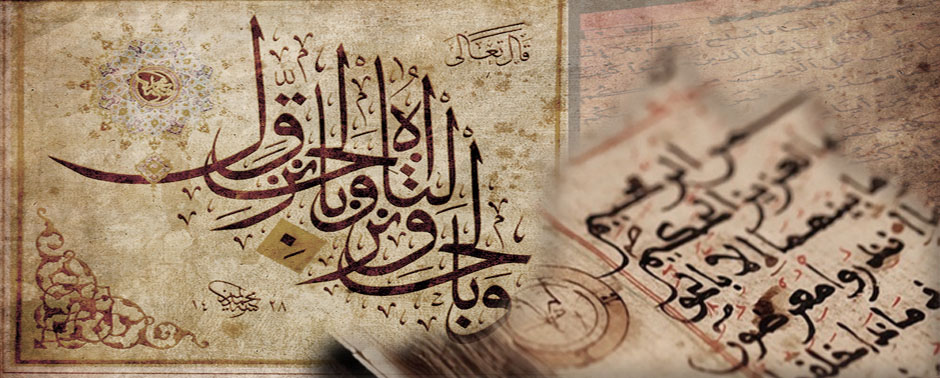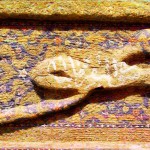Culture of Bay’ah : Pitfalls of Orientalism in understanding history of Islam
Bay’ah is such a culture that holds a special place in the history of Islam which describe the relationship between Prophet Muhammad(saw) and his companions & friends whom we usually refer to as “The Sahaba”
Bay’ah means acceptance, affirmation and giving a promise to remain loyal on certain accounts. Some sources try to explain the term bay’ah by forming a similarity like the medieval term “oath of allegiance”.
However, trying to explain the culture of “bay’ah” as oath of allegiance is a bit problematic because it implies as if there was some sort of “feudal” relationship between the sahaba and Prophet Muhammad(saw).
This is usually the issue when explicating a term from eastern culture to a western reader. Unfortunately, the western reader must indulge himself in the comfort of “familiarity” so in order to translate a term something from Islamic culture, usually the translator must find a familiar concept from the western culture.
Therefore, translating Bay’ah as “oath of allegiance” can only serve the continuality of the banality of orientalism, where the western reader will keep on forming an opinion about the “other culture” through his own “pre-judgmental” gaze only.
Sure, the Sahaba remained “loyal” to Prophet Muhammad(saw) on many cases. Why wouldn’t they, since Allah(j.j) indicates:
Verily those who plight their fealty to thee do no less than plight their fealty to Allah: the Hand of Allah is over their hands: then any one who violates his oath, does so to the harm of his own soul, and any one who fulfils what he has covenanted with Allah,- Allah will soon grant him a great Reward. (Al-Fath 48/10)
Yet, it is still a mistake to define the relationship between Sahaba and Prophet Muhammad(saw) “feudal”
First of all, this is against “Tahweed.” In a feudal world, there is a “lord”, where in fact there are no “lords” in Islam, only Allah(j.j) exist.
There also have been numerous incidents in the history of Islam where Prophet Muhammad(saw) listened to the suggestions of the Sahaba and decided to follow what they were suggesting even though he voted for the opposite.
In a feudal relationship, there would be no culture of “istishari” which means consulting, of something Prophet Muhammad(saw) carried on such an act on many accounts. Before making decisions that would impact the whole society, he listed to everyone whom had a opinion, in several cases his decision was shaped by the input of Sahaba.
The Sahaba is known and famous for the “absolute loyalty” to their “Messenger of Allah(saw), which we explain as the culture of “bay’ah”. It is really important to distinguish this concept from “oath of allegiance”
Maybe academics should study why the western reader should always be served a daily doze of “familiarity” in order to make him understand some sort of concept from “eastern-oral-Islamic” culture.
By simply trying to explain the culture of bay’ah from history of Islam as something “similar to oath of allegiance” to a western, non-Muslim reader, we are fuelling the sloth that plagues their minds when observing and interpreting the “eastern cultures”.
There is no need to form familiarity when translating cultural nodes, due the probability of missing the point. There is this pitfall of understanding culture of bay’ah as “oath of allegiance” since it automatically tries to insert a feudal motif to Islamic culture, where it doesn’t have a place.
Culture of Bay’ah is a special form of “soul bonding without any worldly benefit”, something far from “oath of allegiance”
Why the Sahaba had a “soul-bonding without any worldly benefit” to Prophet Muhammad(saw) is a whole source material for a entire book itself.









You must be logged in to post a comment Login